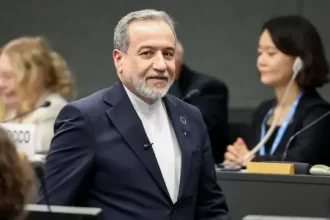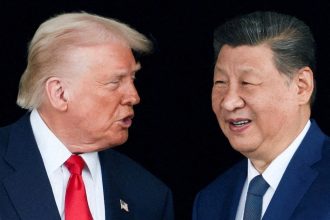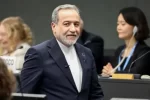In a landmark announcement that sent ripples across the international community, Canadian Prime Minister Mark Carney declared that Canada will formally recognise the State of Palestine at the 80th Session of the United Nations General Assembly in September 2025. This decision marks a historic shift in Canada’s foreign policy, aligning it with France and the United Kingdom, who have also declared similar intentions in recent weeks.
Speaking with gravity and purpose, Carney said the move is rooted in a deep concern that the possibility of a peaceful, two-state solution between Israel and Palestine is “being eroded before our eyes.” For decades, Canada has stood behind the principle of a negotiated peace. But as Carney acknowledged, “This approach is no longer tenable.”
A Stand for Peace — and Reform
Carney emphasized that Canada’s recognition will depend on the Palestinian Authority’s commitment to significant reforms, including holding transparent general elections in 2026, from which Hamas would be excluded, and a full demilitarisation of the future Palestinian state.
“This is about keeping hope alive — for both peoples. We cannot sit idle as the dream of peace fades further into the distance,” Carney said, his tone earnest and resolute.
A Divided Response
The announcement sparked immediate and strong responses. Israel’s government condemned the decision, calling it part of a “distorted campaign of international pressure” and accused Canada of legitimising terrorism in the wake of Hamas’s October 7th attacks.
In contrast, Palestinian Authority President Mahmoud Abbas hailed the move as “historic,” calling it a beacon of hope for millions of Palestinians who have long yearned for international recognition and sovereignty.
France expressed readiness to work with Canada to “revive the prospect of peace in the region.” Meanwhile, the UK’s recognition remains conditional, with Prime Minister Keir Starmer stating Britain’s decision would depend on Israel’s willingness to take “substantive steps” toward peace, including a Gaza ceasefire.
The Waning Hope of a Two-State Solution
Carney lamented the worsening situation in the region — from Israeli settlement expansions in the West Bank and East Jerusalem to parliamentary votes in Israel suggesting annexation, and what he described as Israel’s “ongoing failure” to prevent humanitarian catastrophe in Gaza.
Despite longstanding global support for a two-state solution, Carney acknowledged the increasing difficulty of realizing it. Still, he insisted that recognising a Palestinian state is not abandoning peace, but rather renewing its possibility.








